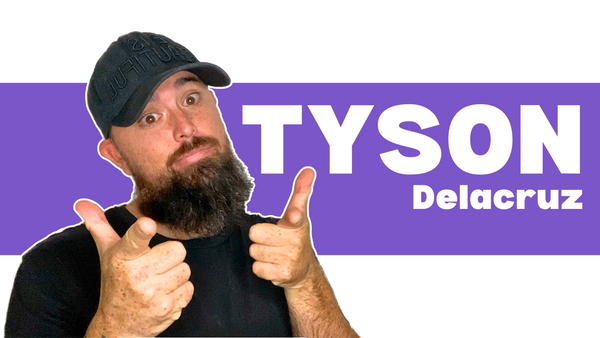"Texas' Meme Crackdown: Is Big Government Coming for Your Jokes Next? The Shocking Truth Behind House Bill 366!"
Share
**Texas Wants to Censor Your Memes?**
In the latest attempt by the government to control free speech, **Texas House Bill 366** is making waves, and not in a good way. This bill, if passed, would require anyone sharing a **political meme** to include a government-sanctioned disclaimer. Yes, you read that right—memes are now on the government’s radar!
Why do we need a disclaimer for a political meme, you ask? Because sharing a funny or critical meme could potentially spread misinformation, according to the bill's supporters. So, if you thought your creativity was safe online, think again!
**What’s Really Happening with This Bill?** The bill is part of a broader trend where the government feels entitled to dictate how we communicate online—especially when it comes to anything critical of the current administration. Just imagine the hurdles involved in preparing a meme: not only do you have to be funny but now you also need to ensure your disclaimer is up to scratch. As if we didn’t already have enough bureaucratic nonsense! The government that can’t even manage basic services wants to regulate your memes now? How ironic!
**Key Takeaways:** - **House Bill 366** mandates political meme creators to use a government-approved disclaimer.
- This creates extra roadblocks for free speech online. Can you say **overreach**?
- **Supporters argue** that it will help curb misinformation. Really?
**The Bigger Picture: Why This Matters** This isn't just about memes, folks. It’s about **freedom of expression** and our right to communicate without unnecessary government interference. Politically charged memes are part of the American landscape—our cultural commentary in a politically vibrant world. Imagine the implications for ordinary Americans trying to share a meme with their friends. Do we really want to bring the government into our conversations, even online? This bill sets a dangerous precedent for censorship and government control. What’s next? Will they try to police your tweets? Your Facebook posts? We must stand against this blatant government overreach before it's too late, or we risk losing our rights in the digital age. And let’s be clear: the laughter might stop now, but if this bill succeeds, the punchline will be on us.
**What’s Really Happening with This Bill?** The bill is part of a broader trend where the government feels entitled to dictate how we communicate online—especially when it comes to anything critical of the current administration. Just imagine the hurdles involved in preparing a meme: not only do you have to be funny but now you also need to ensure your disclaimer is up to scratch. As if we didn’t already have enough bureaucratic nonsense! The government that can’t even manage basic services wants to regulate your memes now? How ironic!
**Key Takeaways:** - **House Bill 366** mandates political meme creators to use a government-approved disclaimer.
- This creates extra roadblocks for free speech online. Can you say **overreach**?
- **Supporters argue** that it will help curb misinformation. Really?
**The Bigger Picture: Why This Matters** This isn't just about memes, folks. It’s about **freedom of expression** and our right to communicate without unnecessary government interference. Politically charged memes are part of the American landscape—our cultural commentary in a politically vibrant world. Imagine the implications for ordinary Americans trying to share a meme with their friends. Do we really want to bring the government into our conversations, even online? This bill sets a dangerous precedent for censorship and government control. What’s next? Will they try to police your tweets? Your Facebook posts? We must stand against this blatant government overreach before it's too late, or we risk losing our rights in the digital age. And let’s be clear: the laughter might stop now, but if this bill succeeds, the punchline will be on us.
